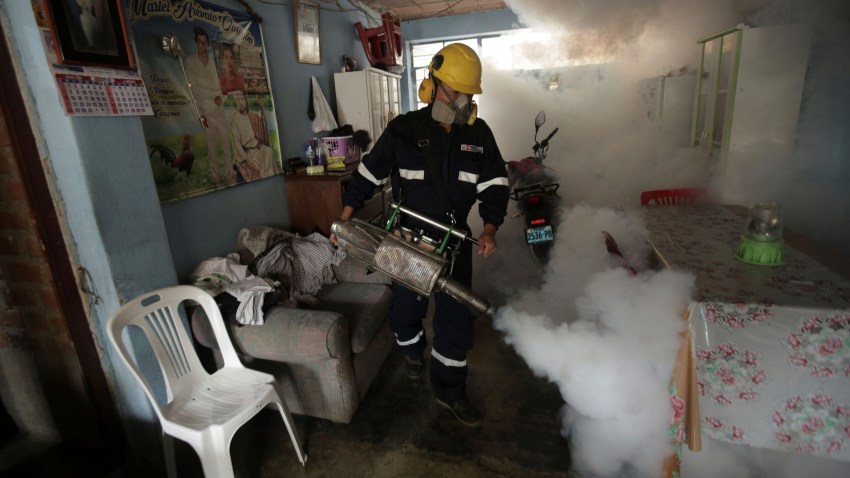Peru is currently grappling with its worst-ever outbreak of dengue fever, a mosquito-borne viral infection that causes severe flu-like symptoms and can be fatal if not treated promptly. The South American nation has reported over 146,000 cases and at least 248 deaths in the past six months, shattering previous records and far exceeding its neighbors.
Common in tropical and subtropical climates, dengue fever is a growing threat in Peru due to changing environmental conditions. The current record-breaking dengue outbreak occurred after torrential rains, brought on by Cyclone Yaku and heightened by the El Nino phenomenon, resulted in a surge in the population of mosquitos that are the primary carriers of the disease. The World Health Organization, or WHO, describes the recent tenfold increase in reported cases globally as a “major public health problem.”
Yet, this is not just a story about public health and the implications of climate change. All public health crises have political roots and implications. In Peru, the ongoing crisis following the ouster of former President Pedro Castillo last year is affecting the government’s and the region’s responses to this dengue outbreak. And the success or failure of that response could determine the fate of Castillo’s successor, President Dina Boluarte, and her government.

